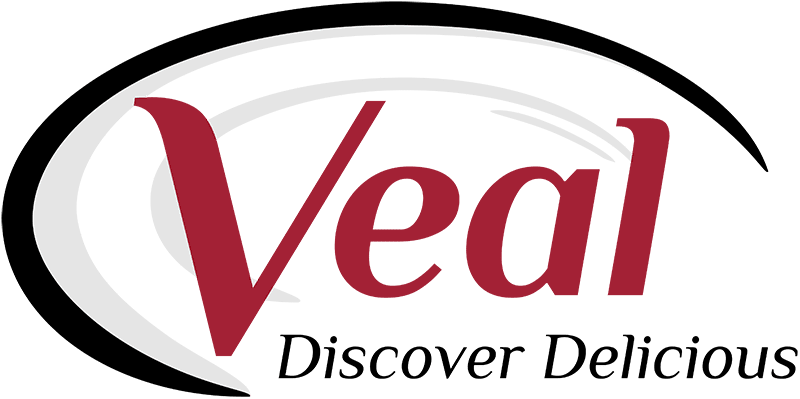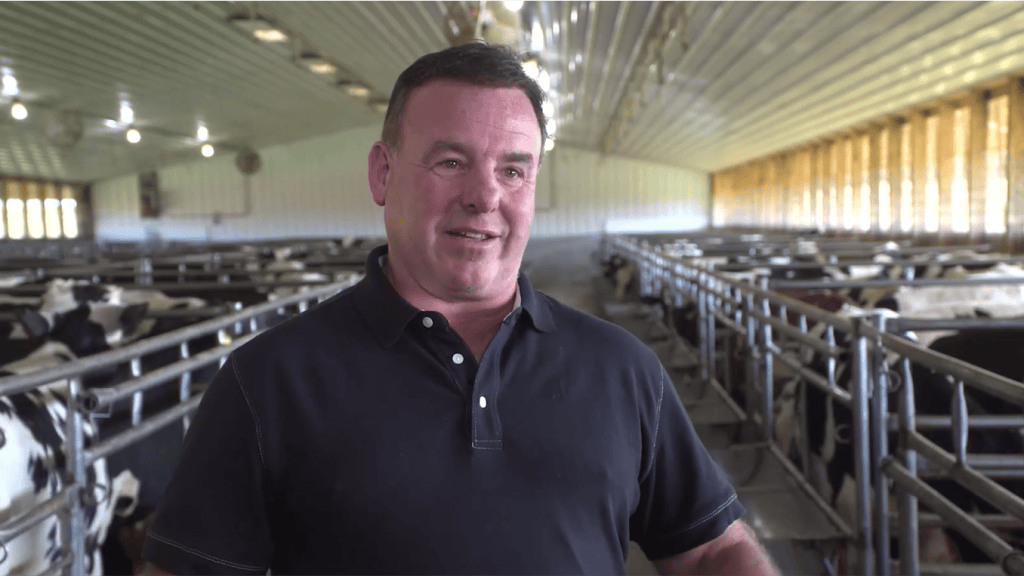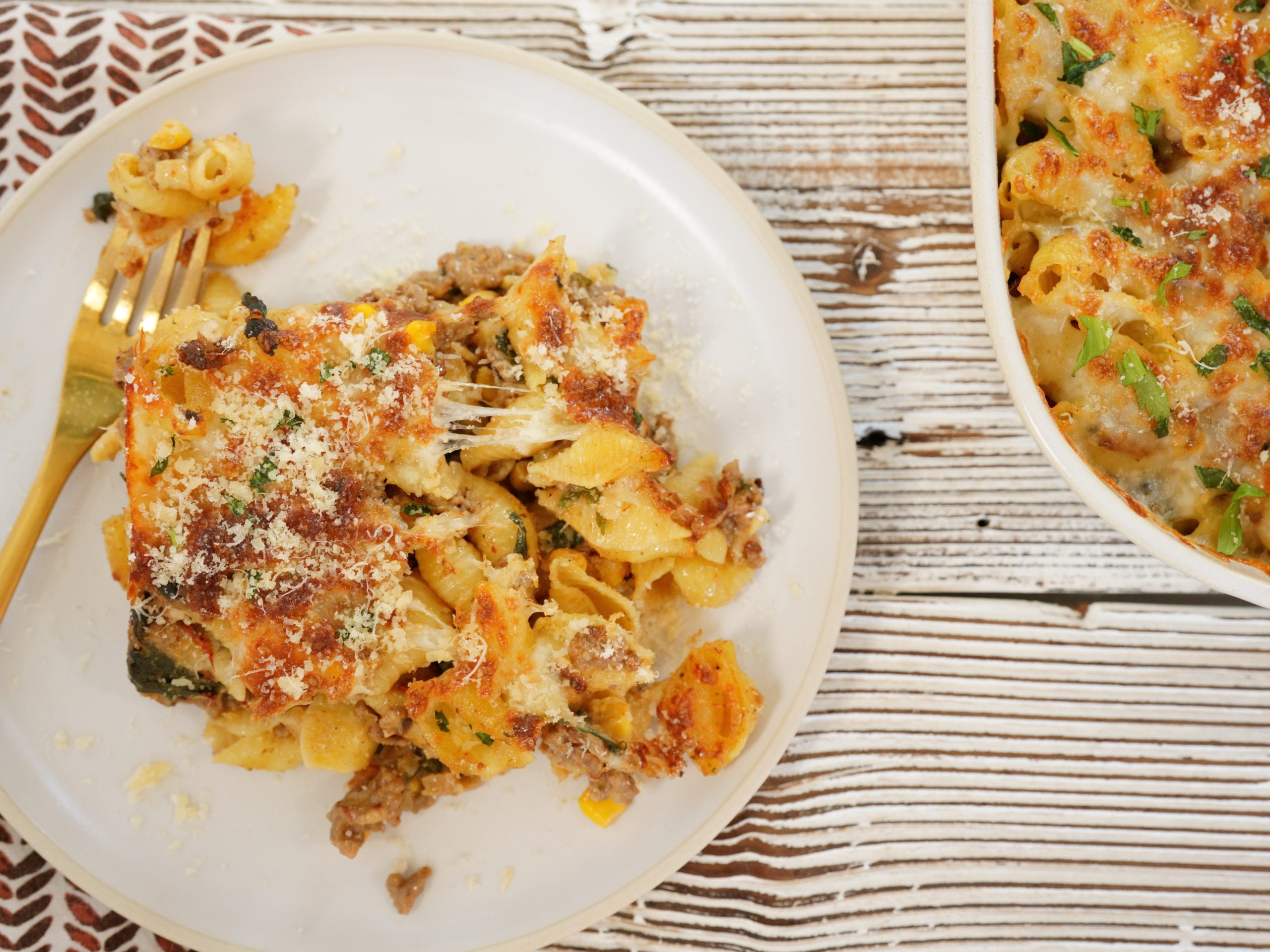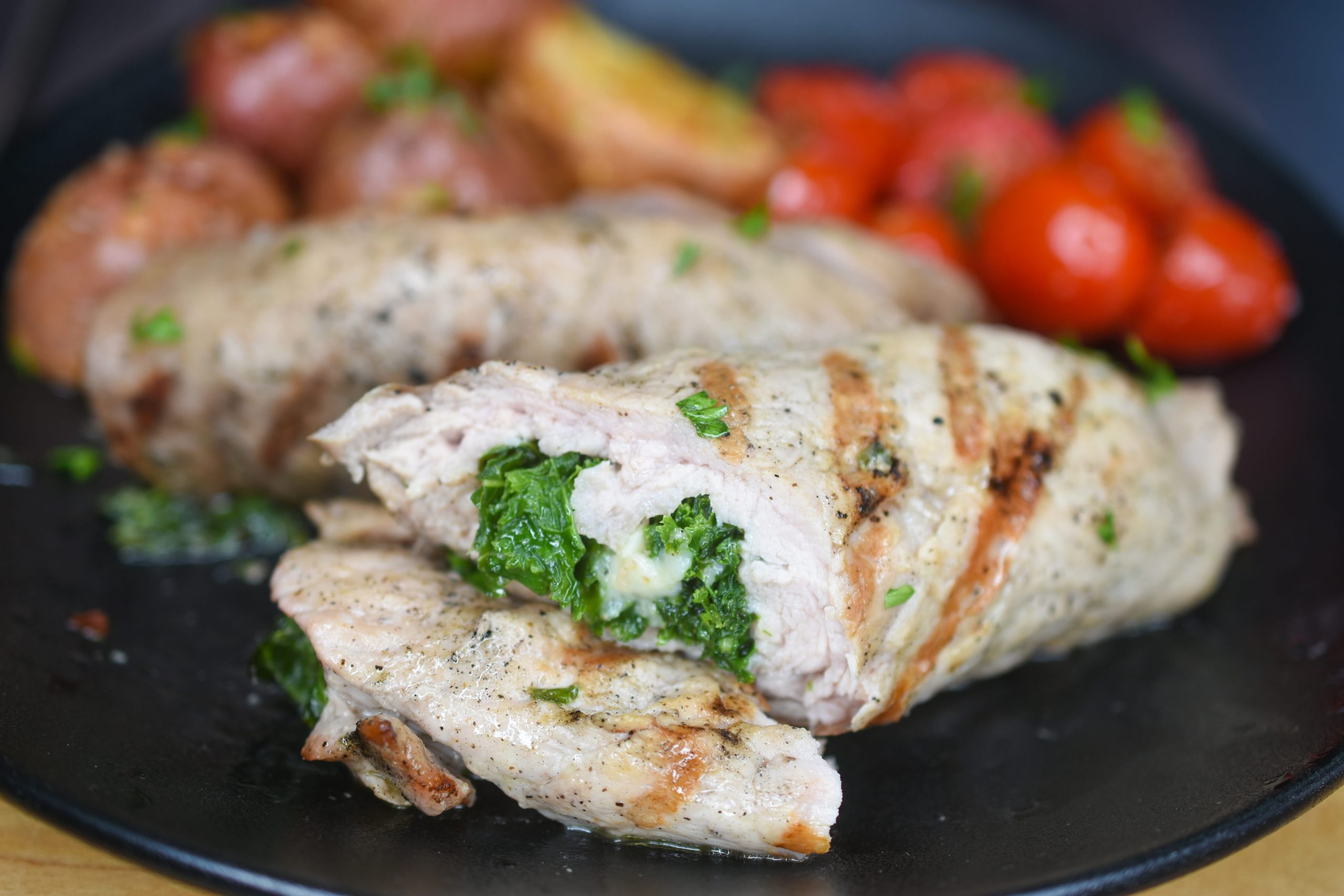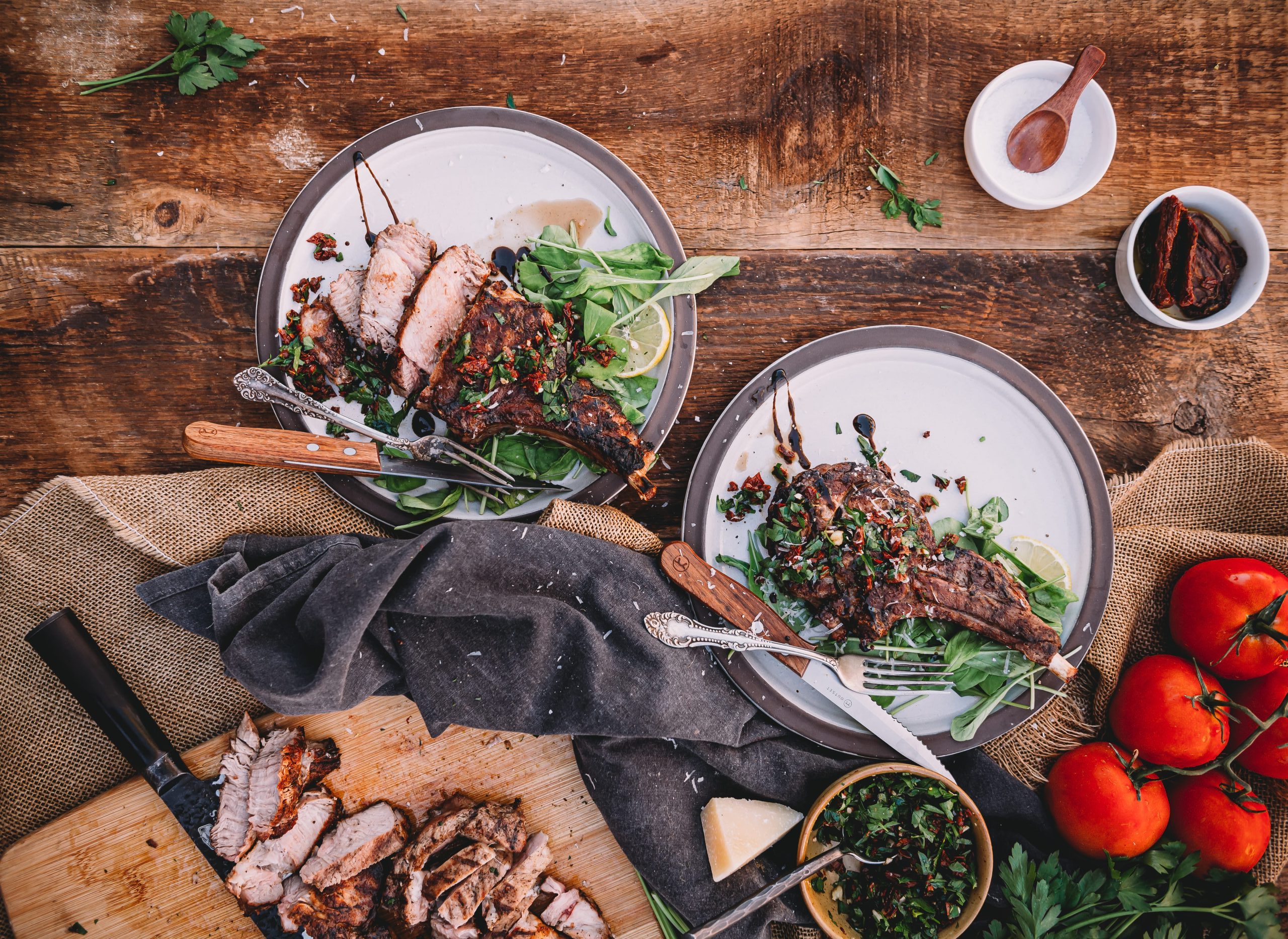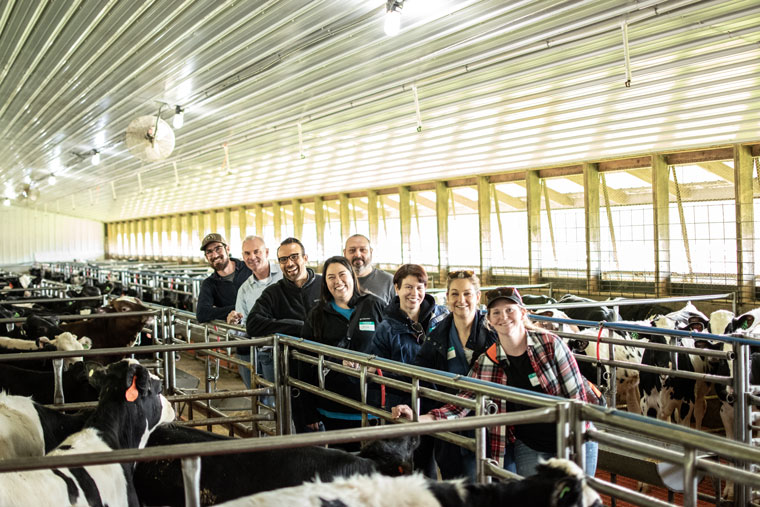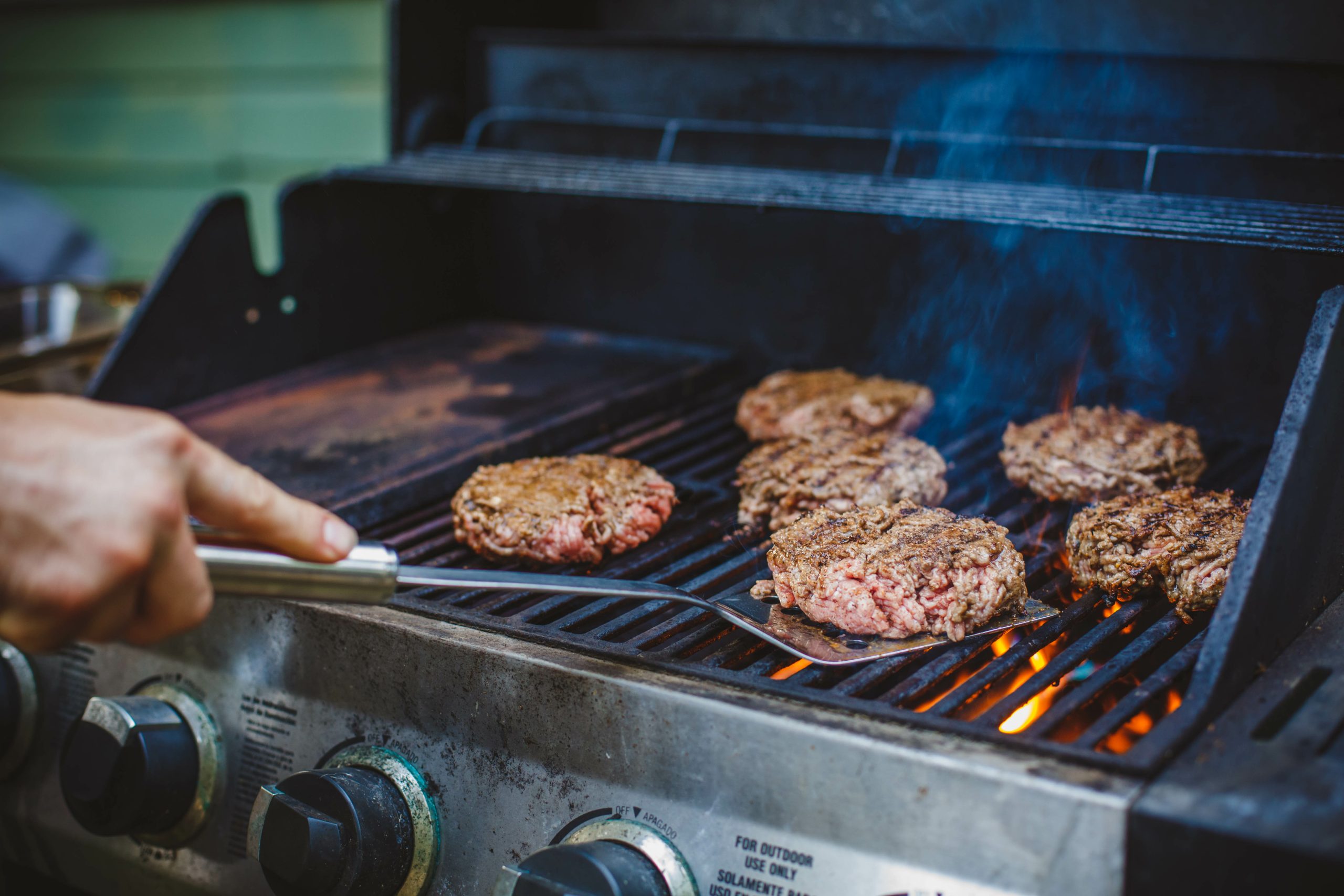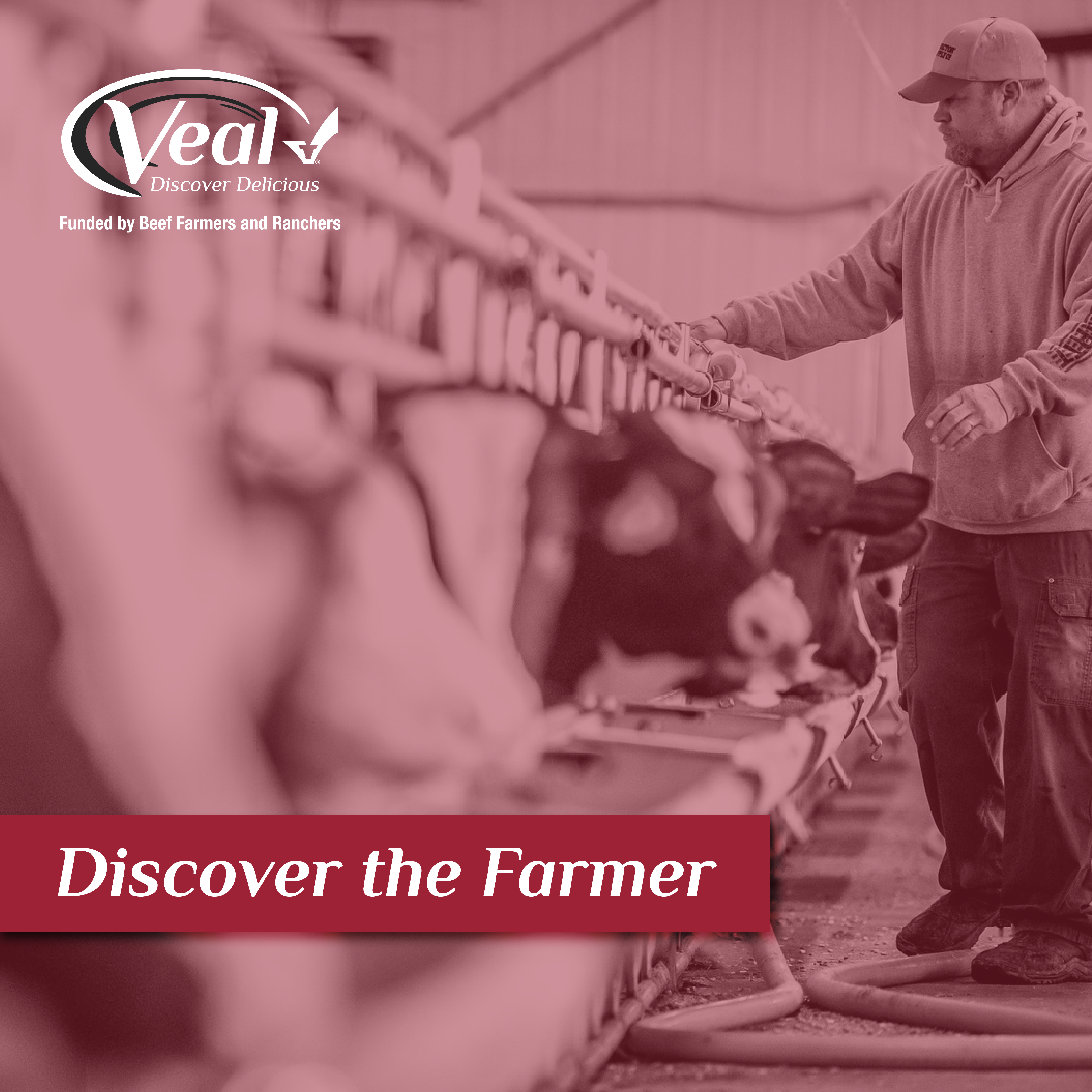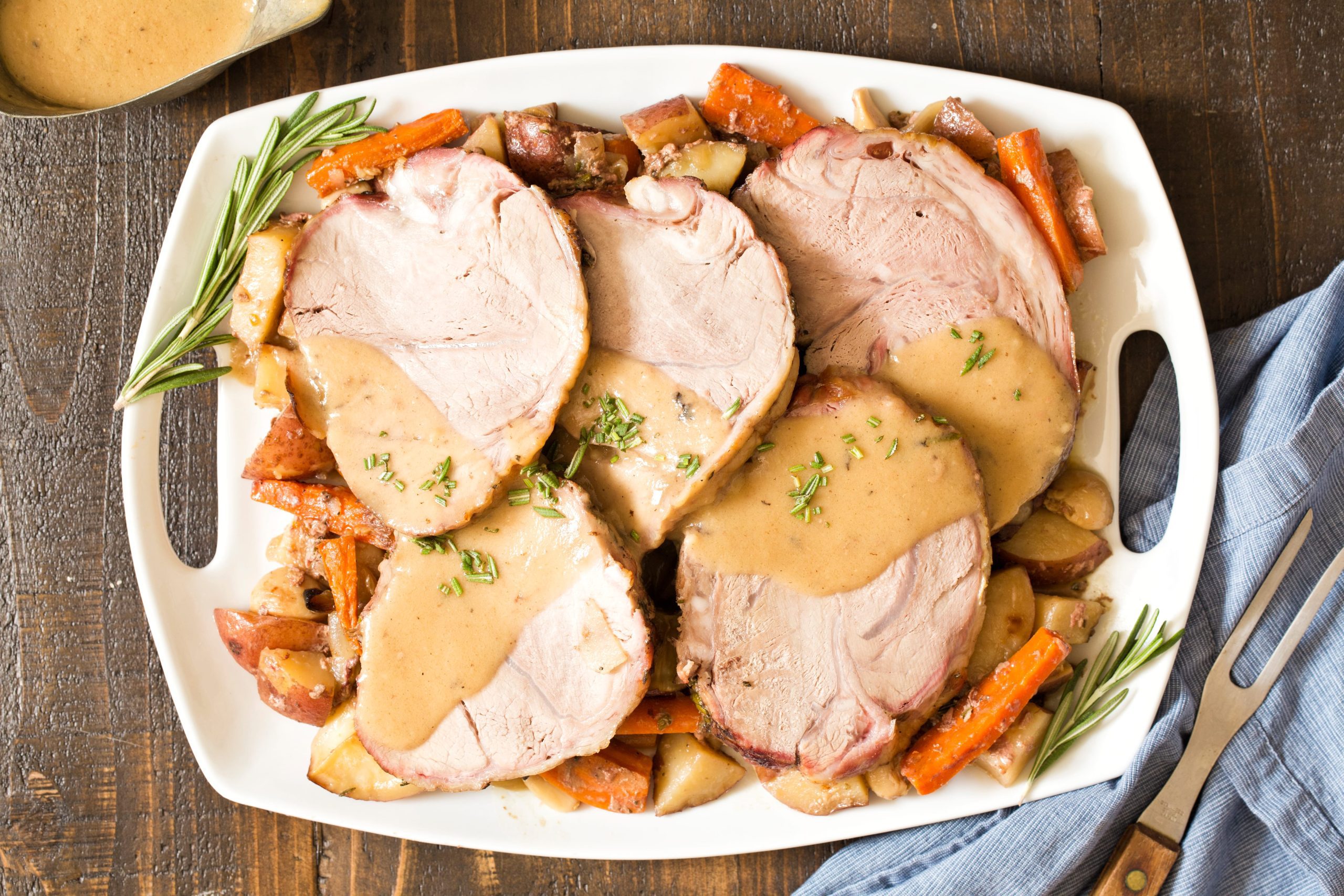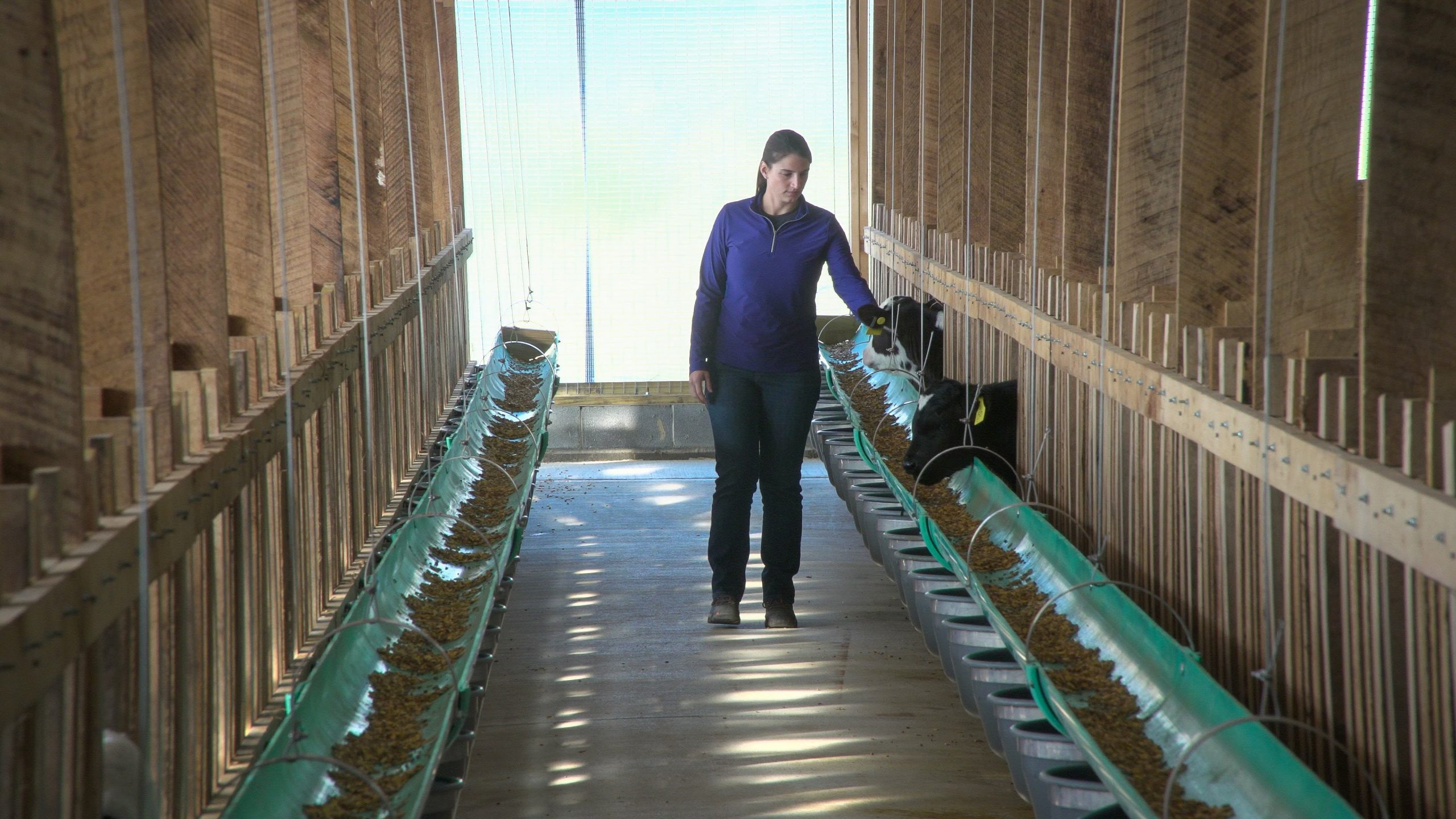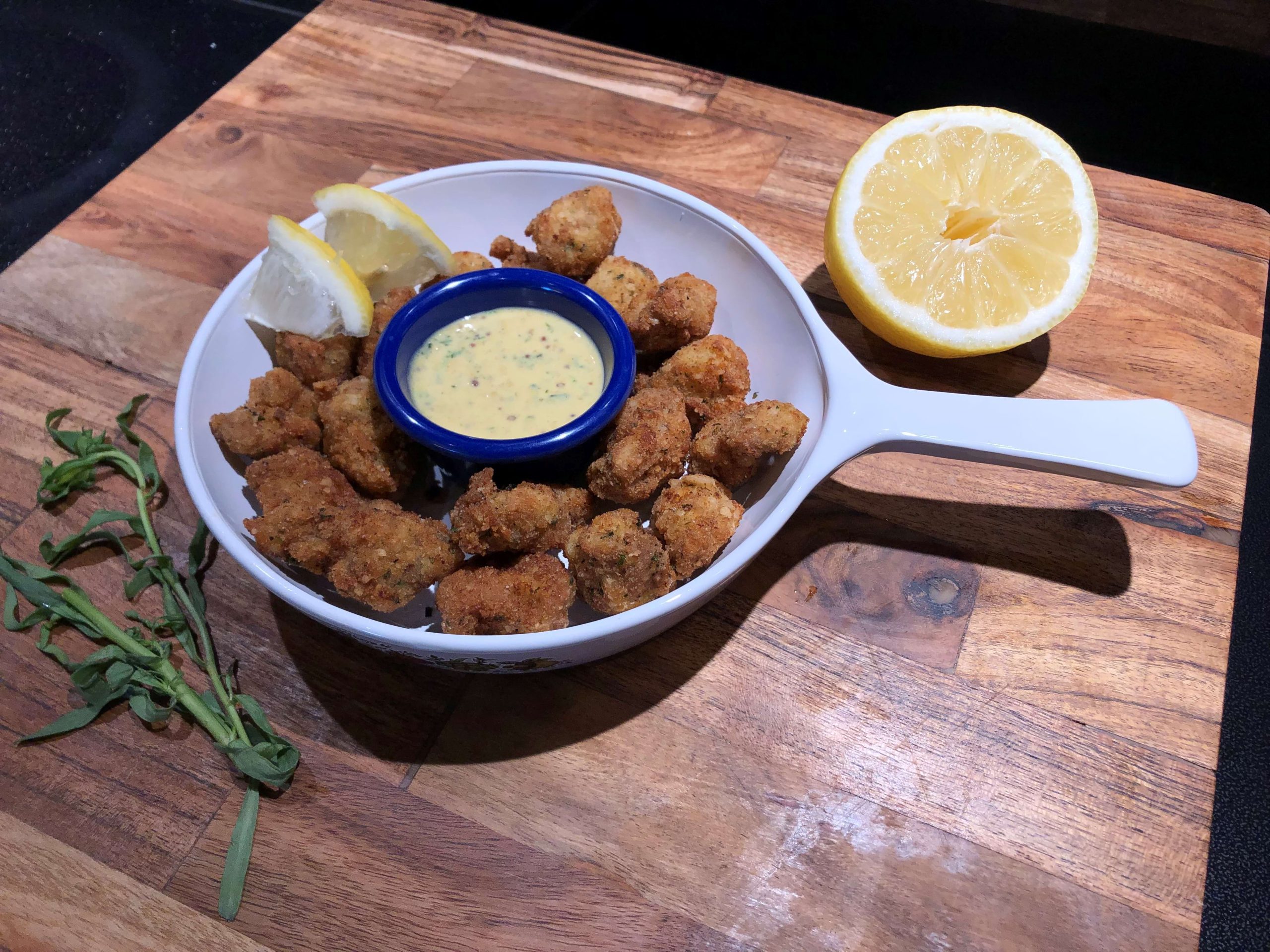Look inside the barns where healthy calves are raised and life lessons are learned
Raising veal calves is something Wisconsin veal farmer Chris Landwehr has been involved with nearly his entire life.
He got his start as a teenager helping his uncle and father feed veal calves. Those chores growing up eventually led to him to raising his own veal calves once he was out of high school. Today, Landwehr has four barns of calves and consults others on how to enhance their production of veal calves.
“I like working with animals and having that sense of accomplishment in the work we do each day to care for our veal calves,” explains Landwehr. “I’m a morning person and so I like getting up at 3:30 to start chores, and by 7AM I have everyone fed. It’s a great feeling. Through the years, I’ve tried to instill that pride and commitment in my own children.”
Over the years, Landwehr has been at the forefront of changes in the veal industry. He’s a proponent of innovation and evolution.

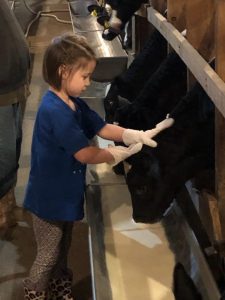
Landwehr's granddaughter with veal calves.
“Like most people involved in agriculture, we don’t do things the way our fathers and grandfathers did. We’re always asking ourselves is there a better way to make improvements for the calves.” says Landwehr. “Are the calves healthy, growing and thriving? That’s the most important thing to me.”
One of those improvements was the shift to group pens for raising veal more than a decade ago. It’s estimated the veal industry invested more than $150 million in new facilities.
“Wisconsin winters can be really cold and our summers are hot which is why we raise our calves indoors in group pens where they’re protected from the extreme weather conditions,” says Landwehr. “Ventilation in our barns is important too. If it’s not comfortable for me, it’s not comfortable for the calves.”
The care and comfort of the calves is always a priority. When Landwehr’s children were younger and they wanted to go do things with their friends, he recalls reminding them that those activities had to wait until the chores were done. “Raising your children on a farm teaches them responsibility and a work ethic that they carry with them for life,” says Landwehr. “Besides raising calves, we are also raising kids. There’s a lot of good values that are learned by caring for animals. That’s what I enjoy about being a veal grower.”
Today, Landwehr is passing those values onto the next generation as he enjoys time with his six-year-old granddaughter, Lia, in the veal barn. Raising veal is a family affair for about 400 farm families in New York, Pennsylvania, Ohio, Michigan, Indiana, and Wisconsin. Each farm raises about 400 calves annually.
According to Landwehr, these families do more than raise veal, they’re teaching life lessons to their children and grandchildren as well.
